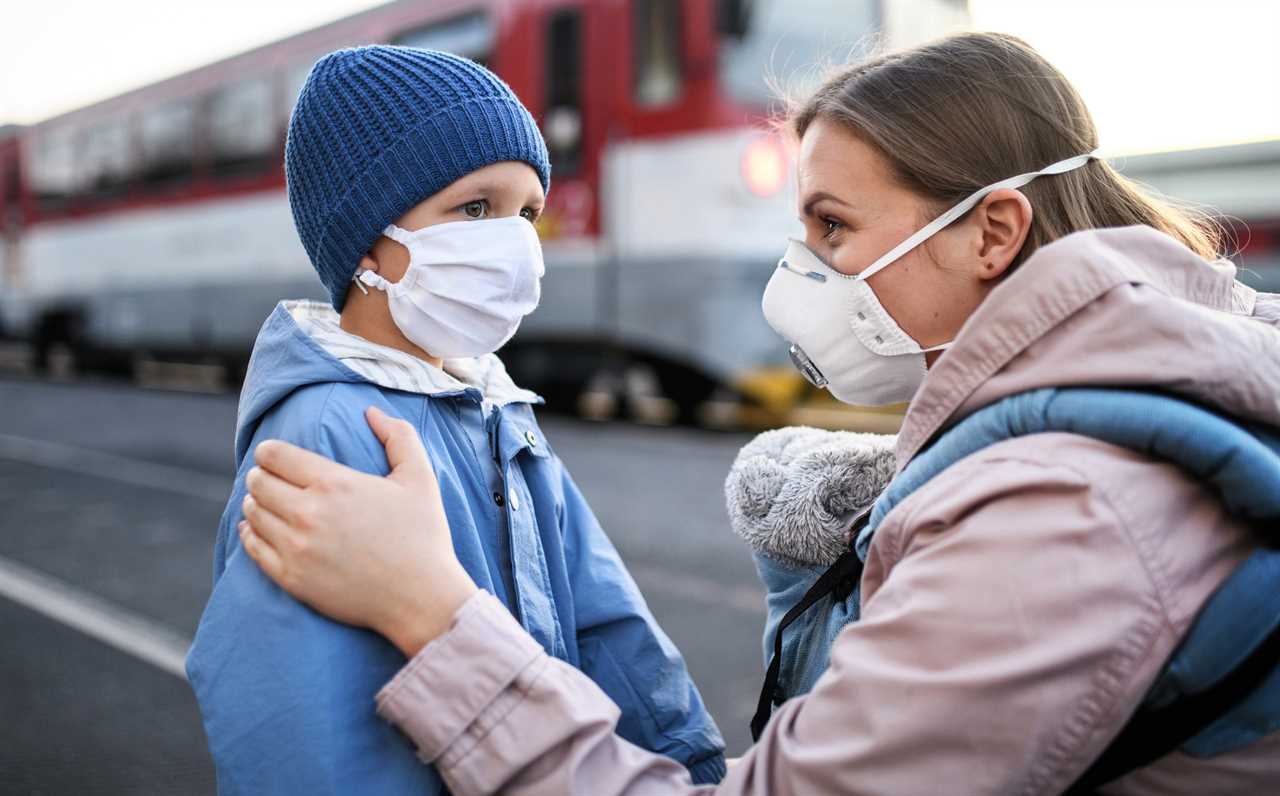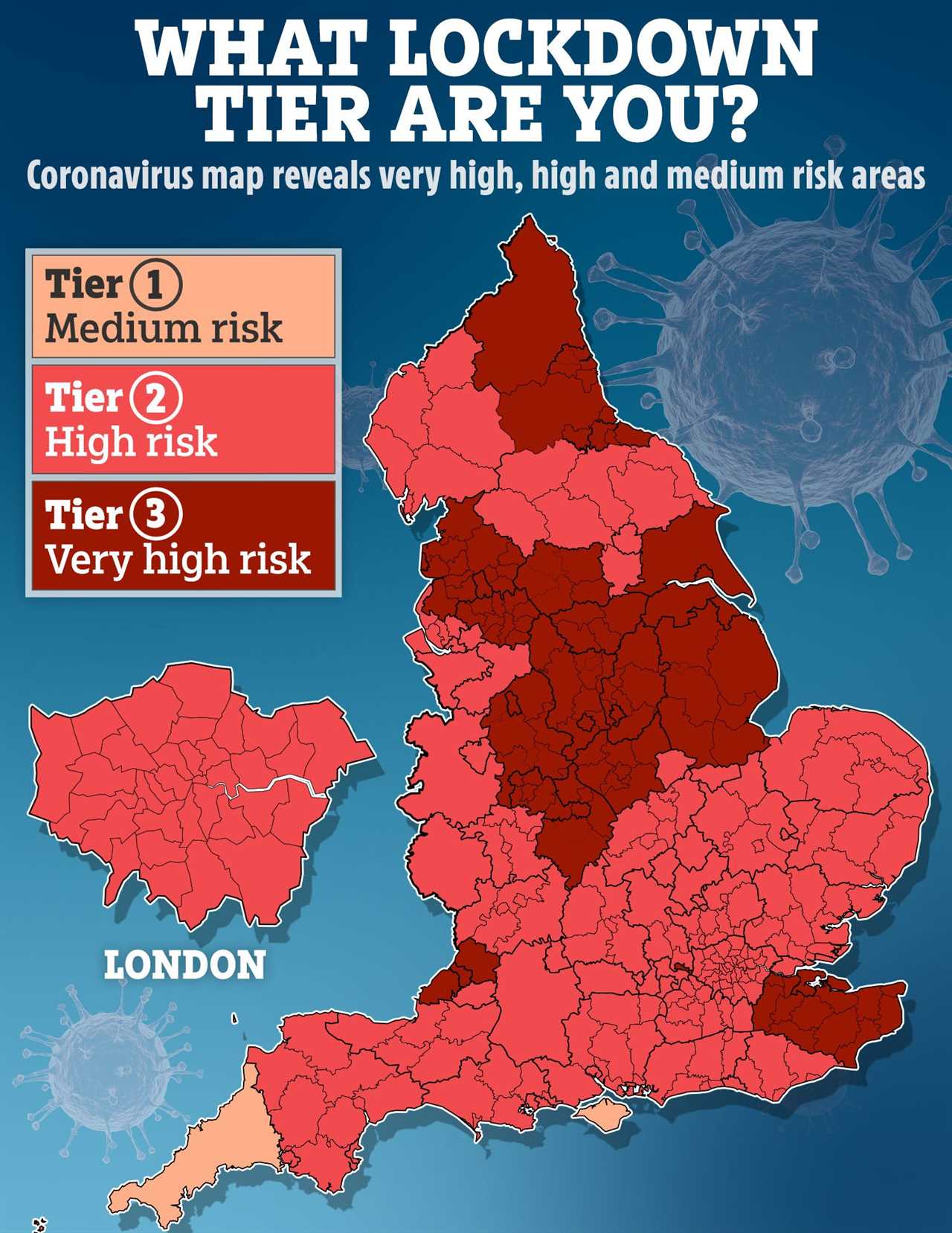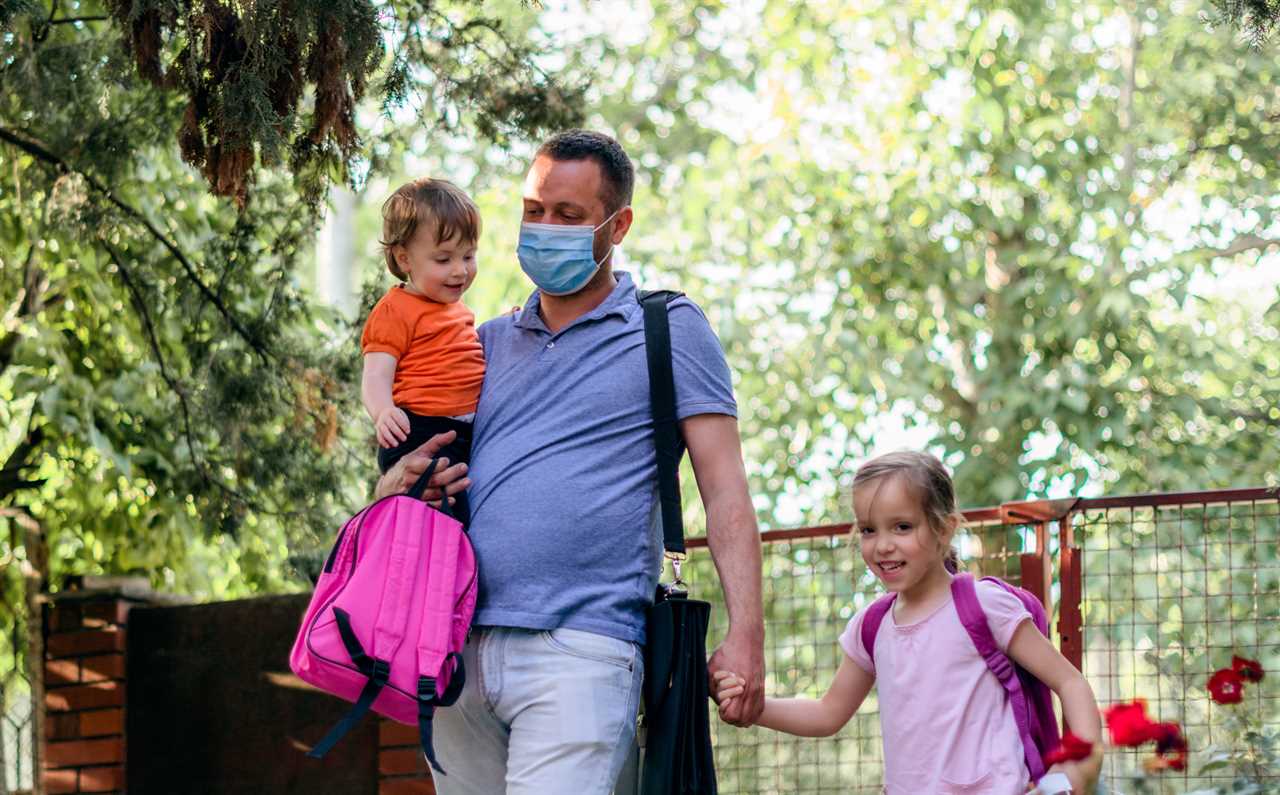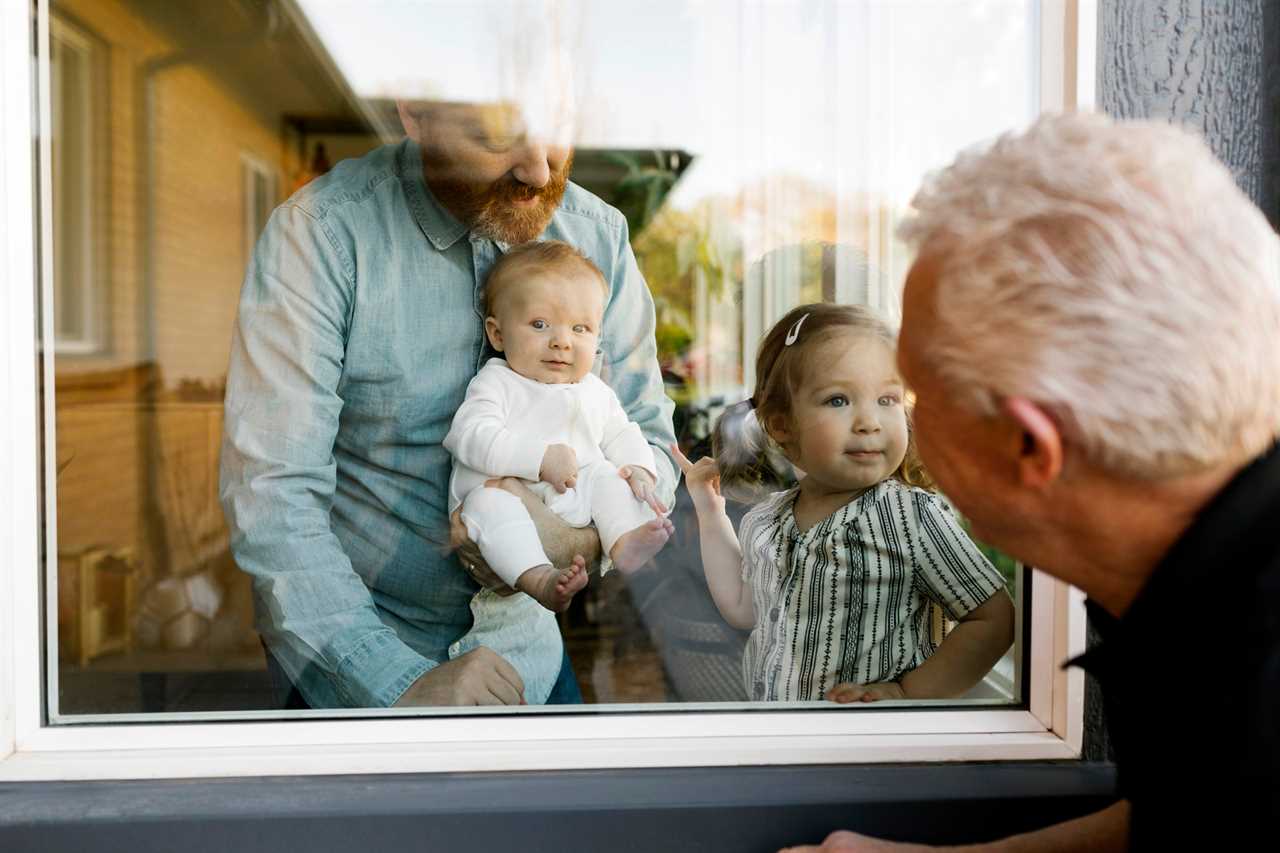ENGLAND’S second lockdown is to come to an end on December 2 but Boris Johnson will move the country into a tiered level of restrictions.
As before there will be three tiers but the conditions are stricter in order to stop the spread of the coronavirus.

Are children included in the new six person limit?
Yes. The new rules mean only six people can meet at any one time in any indoor or outdoor social setting, including in pubs and restaurants in England.
This includes situations where there are only two households meeting, but there are more than six people in total as a group.
The total number includes children, so if there is a household of five with three kids and two parents, they will only be able to meet up with one other person.
It sadly means big family gatherings won’t be able to take place if the total number exceeds six people, with children under 12 not exempt from the ‘rule of six’.

Are babies included in the new six person limit?
It has been confirmed that the rule of six applies to all people of all ages – including babies.
But they are exempt from the rule if they are sleeping upstairs in a bedroom.

What are the exemptions?
There are a few exemptions from the rule – including in schools, workplaces and Covid-secure weddings.
- Those in households and support bubbles with more than six people
- supervised activities provided for children, including wraparound care (before and after-school childcare), groups and activities for under 18s, and children’s playgroups
- formal support groups, and parent and child groups – up to 15 people aged 5 and older
- allow contact between birth parents and children in care, as well as between siblings in care
- for arrangements where children do not live in the same household as both their parents or guardians
- for prospective adopting parents to meet a child or children who may be placed with them
Can I be fined for breaking the new rules?
Yes. The point of the new rules is to make it easier for police to break up gatherings which break up social distancing.
The previous guidance told people to only meet with five other people, but the legal limit was 30 people.
It was difficult for police to enforce, particularly in cases where there were two big families meeting up with each.
That will not be allowed. If you have a family of four, you will only be able to meet up with another two people – even if you’re only mixing two households.

How much is the fine?
The fines start at £100 but rise to as much as £3,200 if people break the rules multiple times.
People who organise illegal street parties face even higher penalties of up to £10,000.
Matt Hancock said: “The feedback from police was that we needed the rules to be super simple, so everybody knows what they are.
“You can’t gather in a group of more than six.
“This will now be rigorously enforced by the police.”
Why are new rules being imposed?
Tighter restrictions are being introduced after the number of Covid cases rose during September and October.
England was placed under a national lockdown.
The government will replace that on 2 December with a regionally-differentiated approach, where different tiers of restrictions apply in different parts of the country.
These tiers will be strengthened compared to the previous tiers in order to prevent a return to growing infections.
Ministers do not want to have to close businesses again because of the financial hit they would take and the damage it would do to the economy.
So ministers hope limiting the number of people who can see each other at any one time will help get cases under control again.
Mr Hancock said the point of the new rules was that they were “really super simple” for people to follow.






